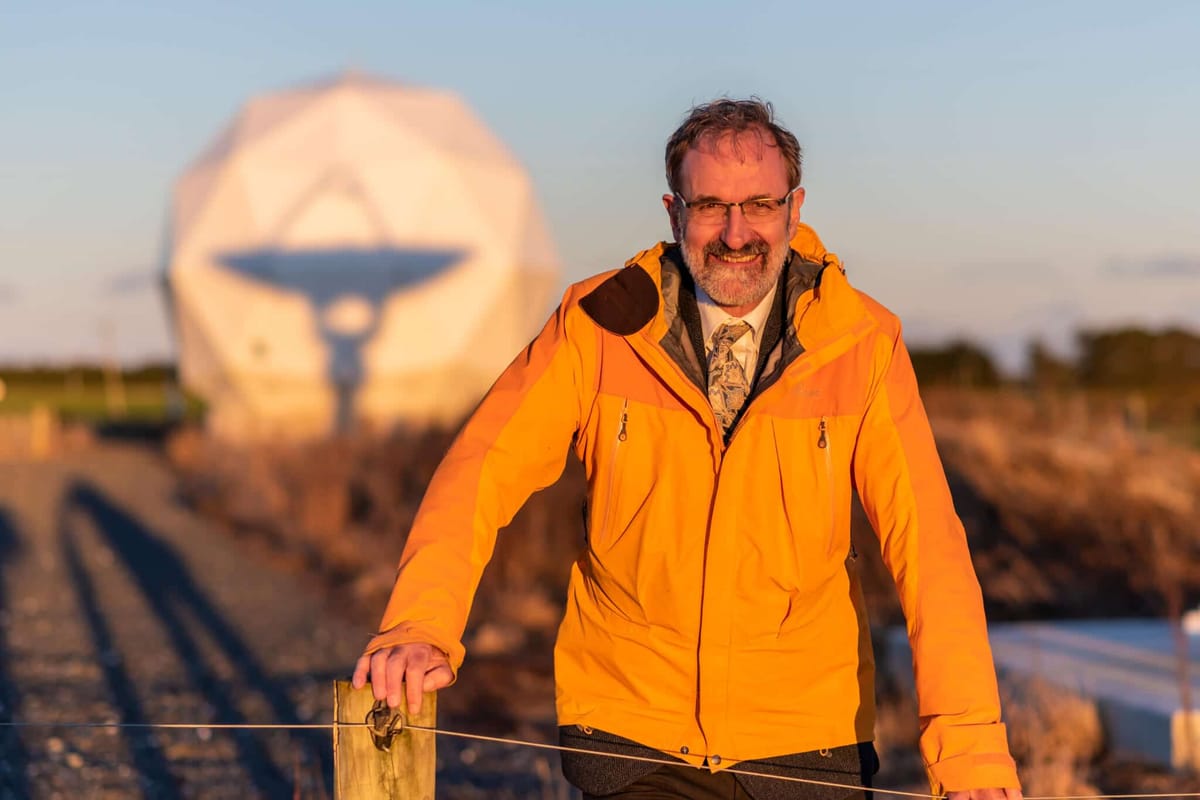Great South is playing an essential role in the next launch by Peter Beck’s Rocket Lab company.
The north island launch, scheduled for Monday 16 November at 3.00pm, will send 30 satellites 500km into space.
The launch is an exciting step for Great South as it is the first time its Space Operations team is actively working with one of the spacecraft onboard – the satellite known as APSS-1.
APSS-1 was designed and built by University of Auckland students and is the first satellite sent to orbit by a New Zealand university.
Great South Space Operations Manager Robin McNeill said his team would communicate with APSS-1 to assess the health of the satellite and extract science data. They should also have the ability to optimise the conditions onboard the spacecraft.
“The critical time for us is around 45 minutes after launch,” Mr McNeill said.
At that time APSS-1 would be somewhere near Ireland. Rocket Lab would send the precise location details so antennas at Great South’s Awarua Satellite Ground Station could be pointed in the right direction.
“We’ll have an eight-minute window to capture the satellite beacon 45 minutes later when APSS-1 goes over Awarua.”
Great South’s work with the satellite, which is owned by the University of Auckland’s Programme for Space Systems, could last for months or a few years, depending on when the satellite naturally goes out of orbit.
“All going well, we’ll communicate with the spacecraft for up to eight minutes at a time, six times per day over that time.”
APSS-1 has a probe attached and will collect data for University of Auckland scientists that may be able to help predict earthquakes.
Mr McNeill said his team’s involvement in the launch was another important step for Great South as it further developed the range of services it could offer the international space community.
“As the number of missions to support grows, more high-tech jobs will be created which will attract highly skilled workers to live in Southland.”
While the lift-off is planned for Monday, there is a two-week window in case the launch has to be rescheduled because of unfavourable weather conditions.

